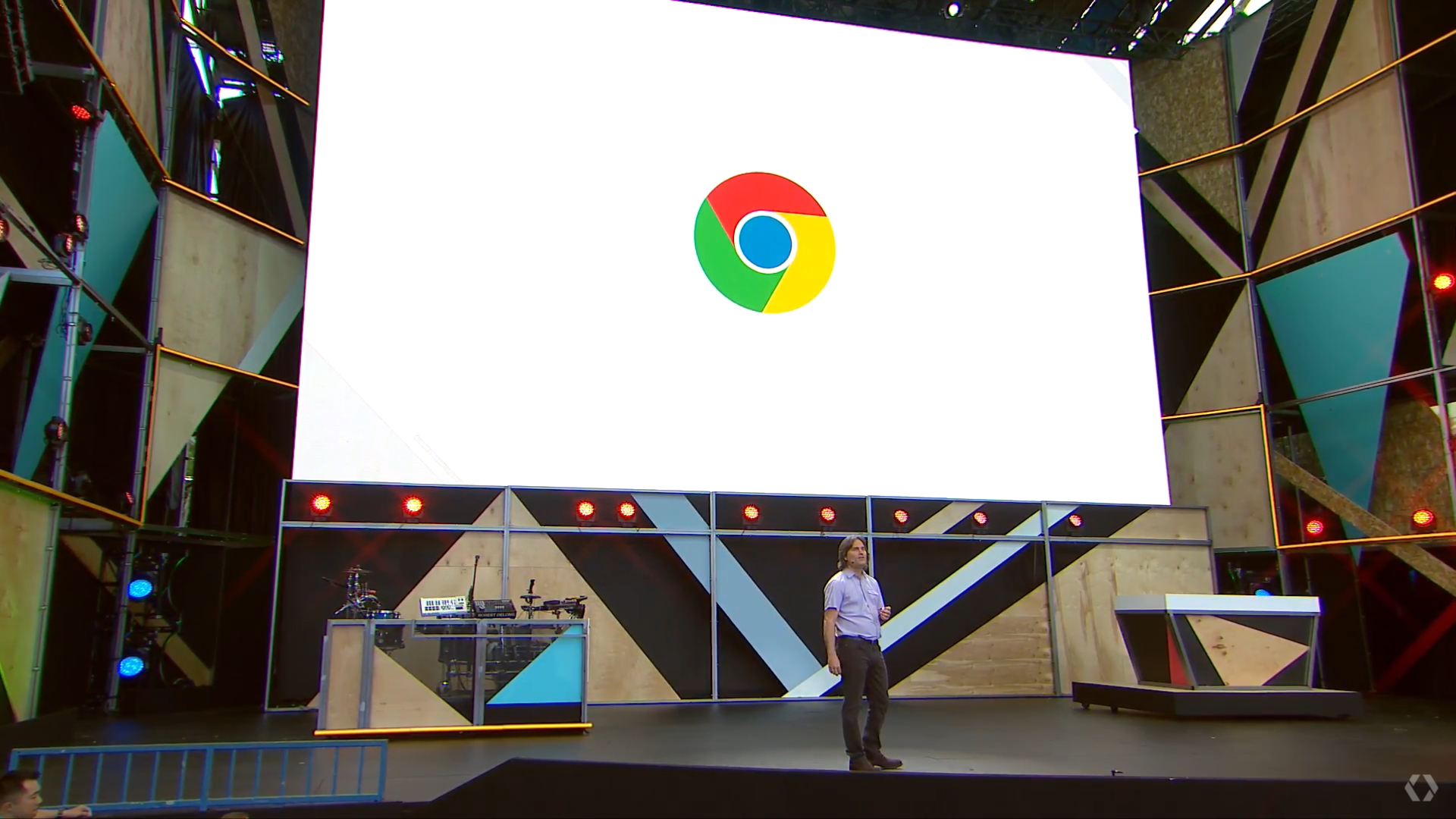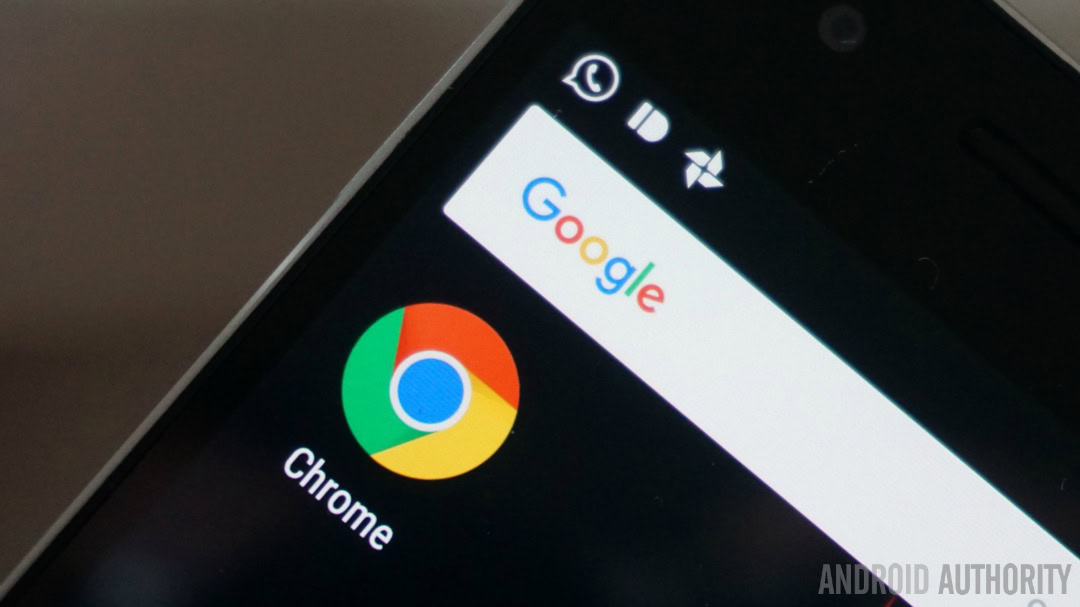Affiliate links on Android Authority may earn us a commission. Learn more.
Google is tackling "abusive" links on Chrome for mobile and desktop

Google has announced a series of changes to Chrome that it hopes will put an end to nasty redirects and deceptive links when using the popular web browser on both Chrome for Android and desktop. The new features have been designed to help avoid “abusive experiences” and improve web browsing on the whole, and will be rolling out in future Chrome updates.
The main target of the three new features are sites and/or links that send the end user to an entirely different, typically unwanted location. According to Google, one out of every five feedback reports are from users that have been redirected towards unexpected, potentially malicious content in this way.
To fight back against websites and dodgy third-party elements that do this (the latter often without the site owner’s knowledge), Chrome update version 64 will introduce a blocking mechanism that recognises and stops unexpected redirects. Much like the browser’s pre-existing pop-up blocker, Chrome will also notify you when this happens with an infobar on mobile and desktop.

This isn’t an uncommon experience on many websites, but there are some which use this as an opportunity to redirect the original page to another, less legitimate website. Google noted in a Chromium Blog post published today that this method currently bypasses Chrome’s pop-up blocker. Thankfully this will no longer be the case as of Chrome 65, Google says.
The final update will no doubt be familiar to any seasoned netizen: fake video or music player icons. Google calls these kind of links “abusive experiences”, and this also includes invisible website overlays which immediately send the user to another tab or window just be clicking anywhere on the page.
This should all change in January, Google says, as it is rolling out improvements to the pop-up blocker that will catch offending links in their tracks. The search giant is also helping out website owners by showing them any reports of “abusive experiences” so they can remove the offending links.
What do you think of the changes? Are you looking forward to browsing the web without having to suffer through unwanted redirects? Let us know in the comments.